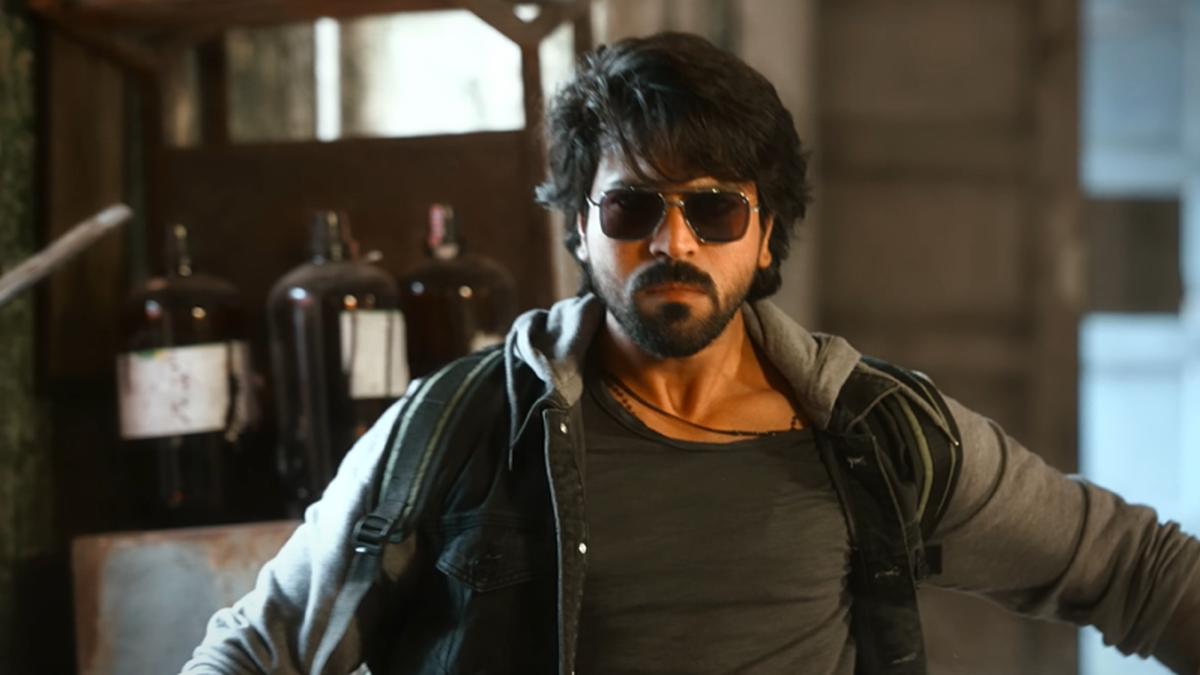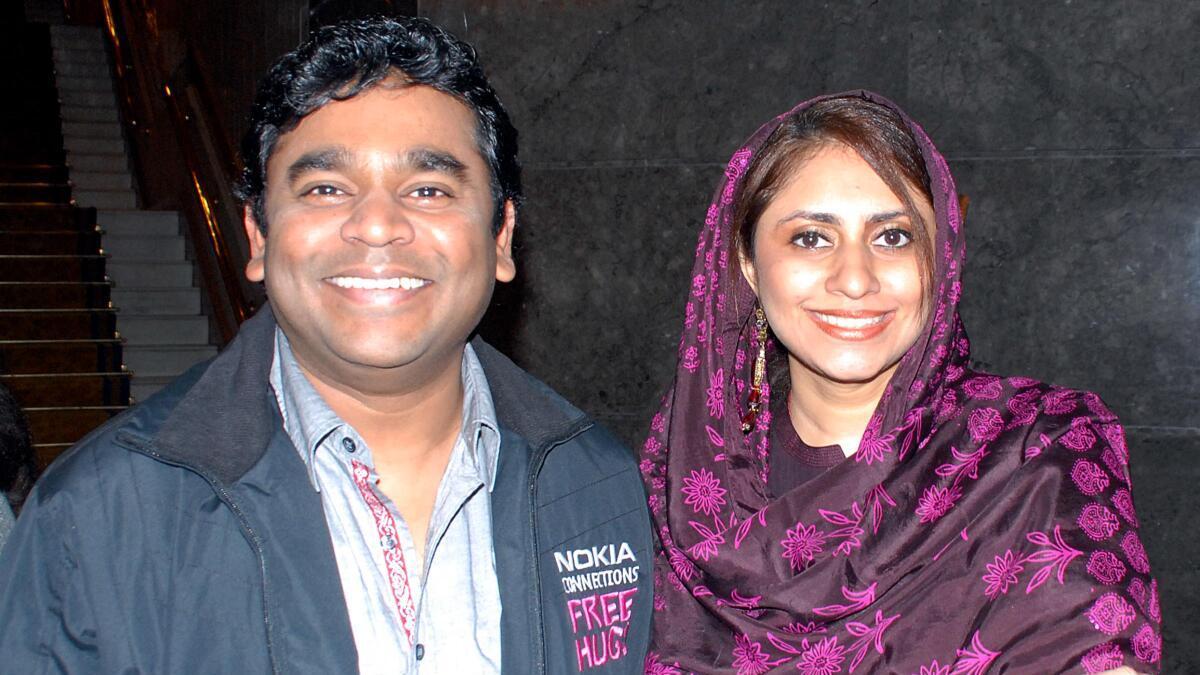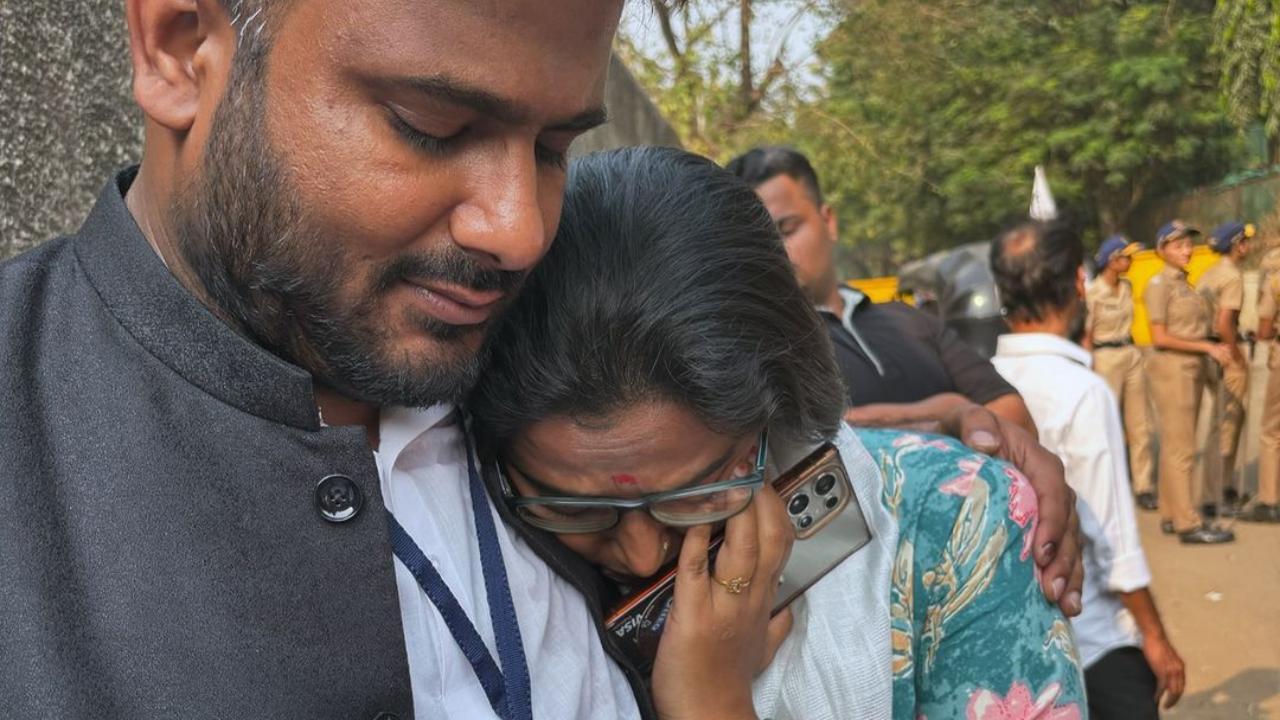
As the much-anticipated Border-Gavaskar Trophy approaches, the discussions over the composition of the Australian cricket team have intensified. Amidst this, former Australian captain Ricky Ponting has offered his insight by endorsing a new prospect for the critical role of opener alongside Usman Khawaja. In what many perceive as a bold move, Ponting has identified 25-year-old Nathan McSweeney as the right candidate for this position, dismissing the potential inclusion of more seasoned players such as Sam Konstas, Cameron Bancroft, and Marcus Harris.
Ponting’s decision, revealed on the ICC Review show, came after watching the India A vs Australia A series closely, where McSweeney’s performance caught his eye. Although Sam Konstas was also in the reckoning, Ponting believes he might be too young and inexperienced, particularly when dealing with the formidable Indian bowling lineup in challenging venues such as Perth’s Optus Stadium and the Gabba in Brisbane. He noted, “I thought a bit more about it, and he [Konstas] is so young and has probably not even played on grounds like Optus Stadium or at the Gabba. He wouldn’t have played a pink-ball match at Adelaide Oval either. So there’s a lot of things stacked up against the young guy, although there’s no doubt that he’s got talent.”
The ongoing speculation over Australia’s opening pair has been a topic of interest ever since the team decided to try Steve Smith in different roles to maximize his impact. With Usman Khawaja nearing the twilight of his career, the need for a robust and reliable opening partner becomes crucial. Ponting’s endorsement of McSweeney underlines his belief in the potential for fresh talent to invigorate the squad.
Ponting elaborated on his rationale by stating, “Another thing that I’d said then was that I don’t think they’d go back to a Bancroft or Harris – because if they’re willing to do that, they would’ve done it last year.” He emphasizes that McSweeney seems to be the best fit given his maturity at the crucial age of 25 and the experience he’s amassed as the captain of Australia A. Ponting added, “So the only name left for me more or less is Nathan McSweeney…
. he got the most out of any of those guys from the A game in Australia at the moment. And he’s more experienced. He has captained Australia A in the past, and he’s captaining them now.”
Currently, McSweeney remains unbeaten on 47 runs with Australia A requiring 86 more to win. This potential match-winning performance is likely to further tip the scales in his favor. McSweeney himself has expressed his enthusiasm and readiness for the opening role, despite having spent most of his career in the middle order. His adaptability and resilience have been key factors in Ponting’s consideration.
The selection of McSweeney for the pivotal opening role could herald a new chapter for Australian cricket as they prepare for their Indian challenge. While this decision might surprise some, considering the presence of other more seasoned players, it reflects a strategic vision for the future, placing emphasis on nurturing talent that can deliver under pressure.
Ponting’s choice mirrors a broader trend in cricket where selectors and former players are becoming increasingly supportive of emerging talents, providing them with opportunities to shine on international platforms. This approach not only secures the future of the team by building a deep reservoir of skilled players but also raises the competitive spirit within the squad.
With the Australian summer just around the corner, the anticipation of seeing Nathan McSweeney step into the opening role is building. Fans and experts alike will be keenly observing how this decision unfolds on the field against a strong Indian side. For now, McSweeney has Ponting’s faith, and if he rises to the occasion, he could very well cement his place in the Australian Test team for years to come.
Overall, Ponting’s backing of McSweeney showcases a commitment to balancing experience with the promise of youth, a formula that could prove pivotal in Australia’s success against formidable opponents like India.










